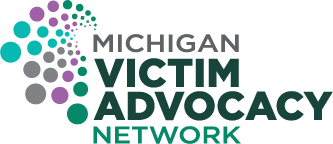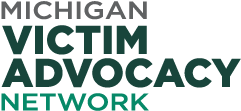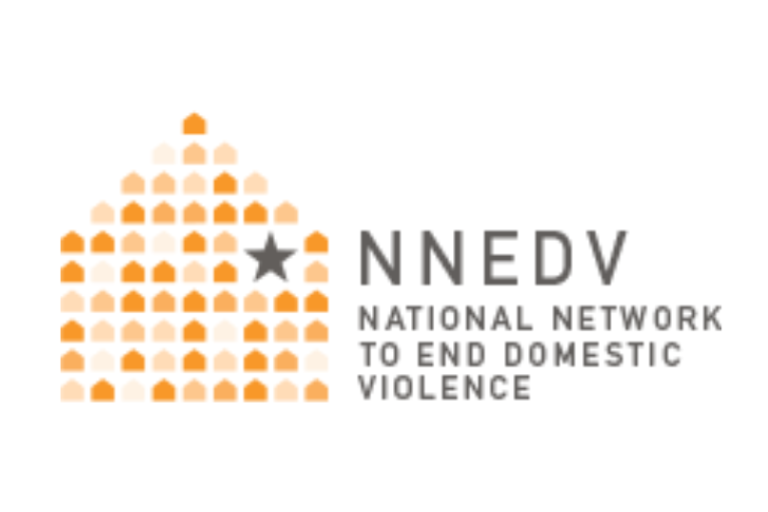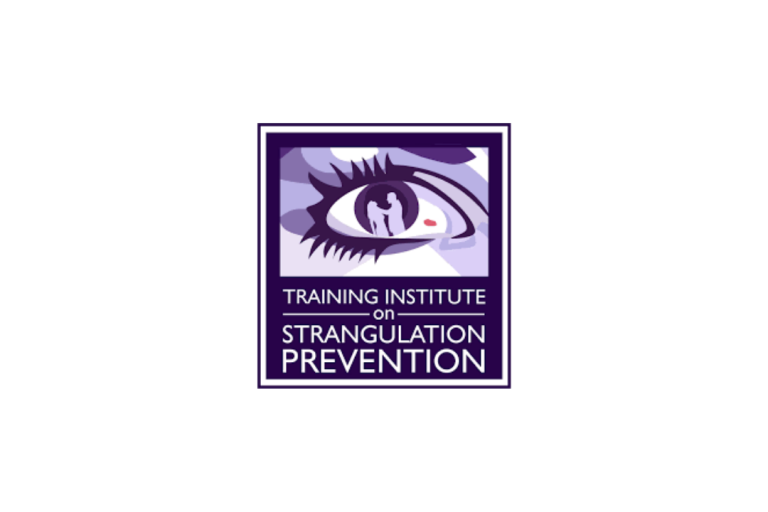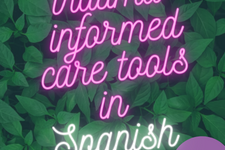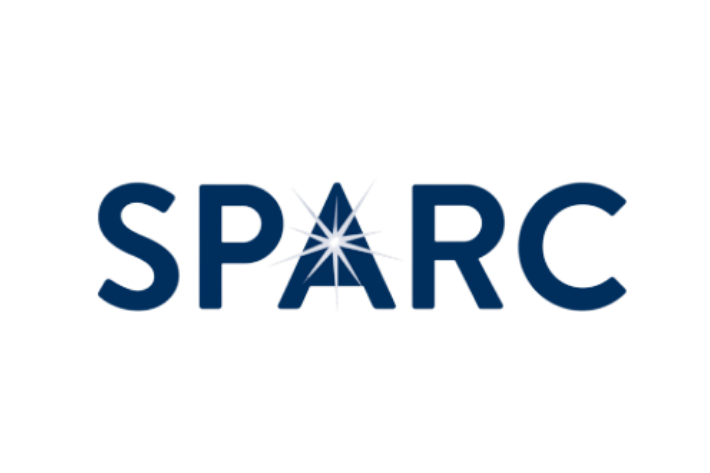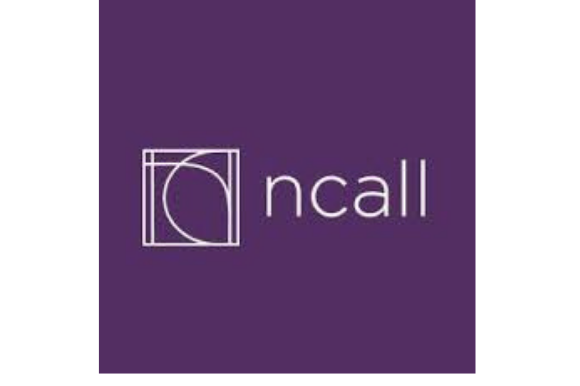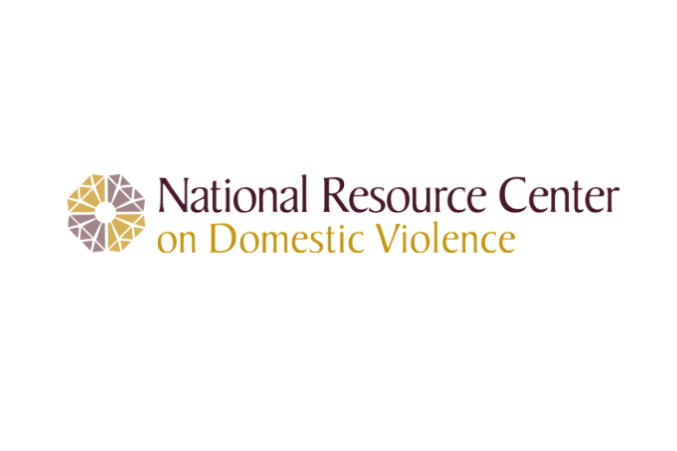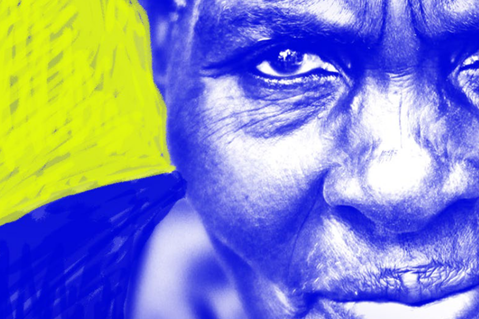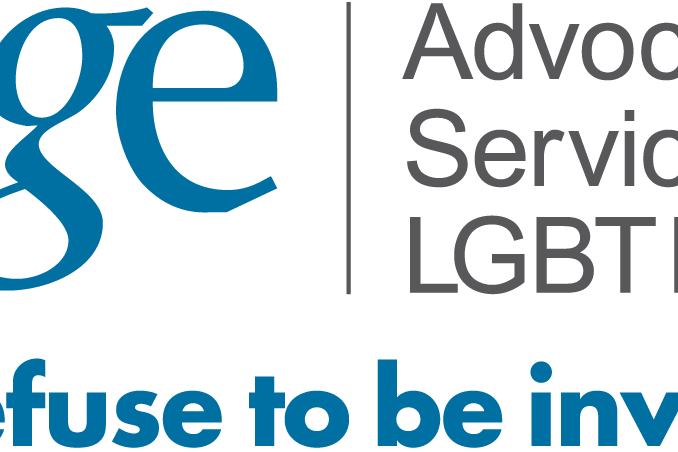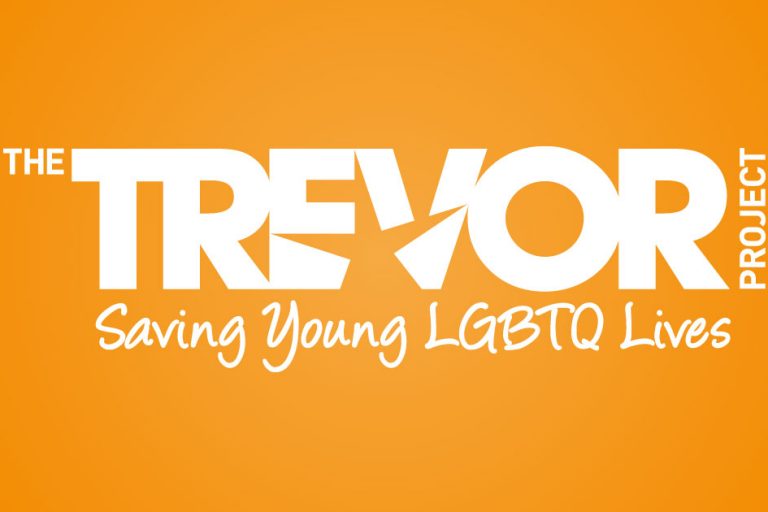Advocacy Resources in Spanish ~ Trauma Informed Tools and More!
Trauma-Informed Care Tools
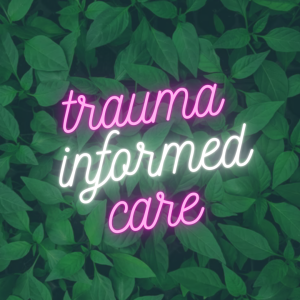
Recognizing when someone may be experiencing a trauma response such as getting triggered is an important advocacy skill that can help prevent re-traumatizing survivors and promote recovery and healing. These concrete tools can be used to respond to trauma by helping a survivor learn to regulate trauma reactions through breathing and grounding exercises.
Learning these exercises can be an empowering way for survivors to move forward through their healing. These exercises can also be used by advocates to center themselves after an appointment and to mitigate the effects of vicarious trauma.
These tools in Spanish from Therapist Aid were requested by advocates in MiVAN’s trauma-informed advocacy skill building workshops. Visit module 6 of the Trauma Across the Lifespan series for more details about when and how to use these tools in practice.
- Grounding techniques – This document overviews four grounding exercises (5-4-3-2-1, Categories, Body Awareness, and Mental Exercises) that can help someone refocus on the present moment. It is also a great reference tool to print and give to survivors to take home. Español
- Deep breathing – This document give an explanation of what deep breathing is, how it works, and provides instructions for how to engage in the exercise. It can also be used as a printed reference tool for survivors to use at home. Español
- Progressive muscle relaxation – This guide provides a script for walking someone through a progressive muscle relaxation exercise. Remember to use other trauma-informed care skills such as providing choice. Español
For more trauma-informed care resources, visit MiVAN’s resource library!
Webinars
- Context is Key: Recognizing and Responding to Stalking – This webinar from SPARC provides an introduction to the crime of stalking, focusing on the definition, prevalence, dynamics, behaviors and intersections with other crimes (including intimate partner violence). Español
- Stalking and Sexual Violence: Understanding the Connections – This webinar from SPARC explores the intersection of stalking and sexual violence, focusing on similarities, co-occurrence and strategies to support victims and survivors. Español
- Supporting Latinx Survivors of Domestic Violence – This webinar series from Safe Havens Interfaith Partnership Against Domestic Violence will equip advocates to better support victims and survivors from diverse communities of faith. The 4/6 session is about supporting Latinx survivors of domestic violence. Español
- Strengthening Our Evidence Toolkit – Webinar from National Resource Center on Domestic Violence. Research and evaluation can be powerful tools for community-based programs in the gender-based violence (GBV) field. Systematic inquiry can help advocates examine how well their programs are working, identify issues affecting their communities, and better understand survivors’ strengths and needs. However, these tools also have a history of being used to harm marginalized communities, overburden GBV staff and organizations, and reproduce systemic inequities. Español
And More!
- Needs Assessment Survey for Older Adults – This survey tool from NCALL was developed to assist communities and professionals working with older adults to determine what services and resources are needed for older survivors. Español
- Global Report on Ageism – The Global Report on Ageism from the WHO outlines a framework for action to reduce ageism including specific recommendations for different actors. It brings together the best available evidence on the nature and magnitude of ageism, its determinants and its impact. It outlines what strategies work to prevent and counter ageism, identifies gaps and proposes future lines of research to improve our understanding of ageism. View the Executive Summary (also in Español) and Summary Slides (also in Español).
- Black and LGBTQ: Approaching Intersectional Conversations – For people who hold multiple marginalized identities, it can sometimes feel overwhelming to explore the layers of these conversations with others — especially those whose lived experiences are different. Here are some approaches from the Trevor Project to consider before, during, and after a difficult conversation to make sure the dialogue — and your mental health — stays safe. Español
- Language Access: A planning tool for advocacy organizations – “If we invest in a comprehensive, proactive approach to providing assistance for individuals with limited English proficiency (LEP), all survivors will have greater access to critical services and greater success in addressing the violence in their lives. This toolkit provides resources and support to build language access as a core service for survivors with LEP.” Español
